In an interview with Habilian Association, Dr. Amer Al Sabaileh believed that Trump administration would be a novelty in US foreign policy should he stick to his election campaign remarks on ISIL and the whole crisis in the Middle East. He downplayed the possibility that Trump would actively engage in a full-blown war with Iran, but the US regional allies would still be hostile to Iran’s policies in the region.
With Donald Trump as the US president, what do you think will happen to the US war on terror?
Well, what we know so far is Donald Trump the candidate. He tackled the issue of war on terror in a very blunt and direct way. Therefore, if Donald Trump manages to apply what he said in several occasion on his approach on eliminating terrorism and ISIS, especially his criticisms of Obama's administration about Mosul battle, then we should expect a noticeable change in the American approach with seriousness in encountering those terrorist groups.
Do you think Trump's anti-ISIL rhetoric could lead the US in a path for more significant role in dealing with the terrorism in the region, specifically in Syria? In addition, Trump and Putin are said to have closer relations. Could this help bring an end to the current Middle East crises?
Still, we can't take for granted what Donald Trump has already said. The US President is usually surrounded by the visions of the institutions, which means various opinions, tactics and strategies. However, Trump's vision seems clear, he believes that the priority in Syria is for fighting terrorism; this logically means that he is taken the Russian position. If he sticks to this declared vision, then definitely here will be a positive impact on battle against terrorism in Syria and the region.
Some experts believe that the new US administration, concerned about putting the US interests in the region at risk, would not favor a confrontation with Iran due to probable rise of tensions between the two countries, but some US allies like Saudi Arabia and Israel would probably take actions against Iran. What is your take on this?
It is hard to think that Trump's administration will go for clash with Iran. Trump might not adopt friendly attitude toward Iran, but he seems to be far. Especially, that relations with Saudi Arabia might be crucial to his previous statements and the Justice against Sponsors of Terrorism Act (JASTA). What might be really obvious is the influence of Netanyahu's visions on the American administration.
How do you evaluate the future of military developments in Syria and Iraq?
Well, in Iraq and Syria, ISIL is the main protagonist and became the enemy of the whole world and the threat to the global security. This vision is a result of various developments, from the spread of terrorism in the world, to the refugee crisis, drugs, organized crimes, weapon smuggling, etc. Therefore, putting an end to this crisis is becoming a priority, this is simply how things in Iraq and Syria can be seen. So putting an end to the security crisis is becoming the objective of many countries
How do you see the role of the political-military axis including Iran, Iraq, Syria, Russia and Lebanon in the future developments of the region, especially during Trump's presidency?
This axis is already there, in Syria it was obvious that this axis was behind saving Syria from collapsing yet, let us also think that on political level there is wide gaps among these countries. For Russia, the relation with Israel for example is something normal, even the military and security coordination, while for the rest it is still a taboo. So what if Russia believed that the regional settlement is necessary to put an end to the ongoing crisis? Then this axis might crack. However, from a security prospective, this axis might also go along with Trump's vision to encounter terrorism.
Dr. Amer Al Sabaileh is Secretary General of Mediterranean Gulf Forum (MGF) and Director of Middle East Media Polices Institute (MEMPSI).


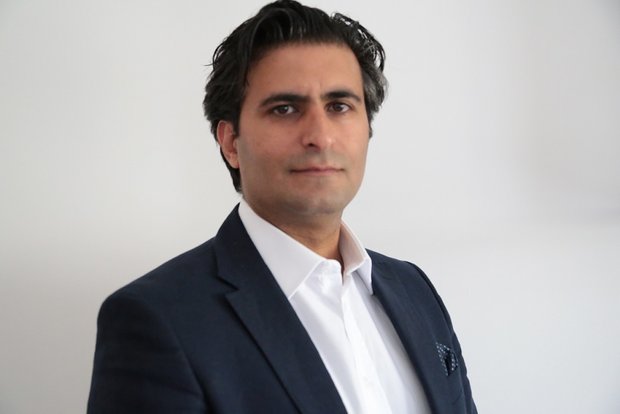

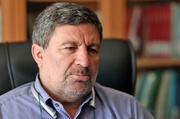
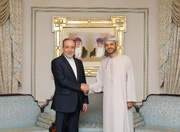




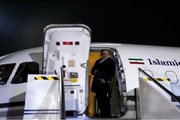

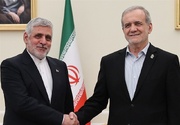










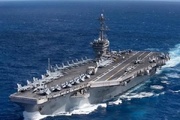

Your Comment